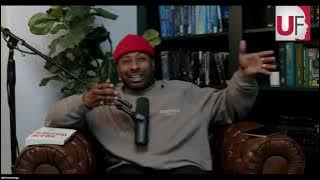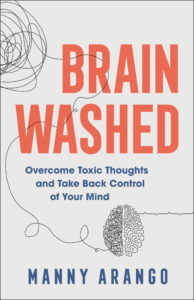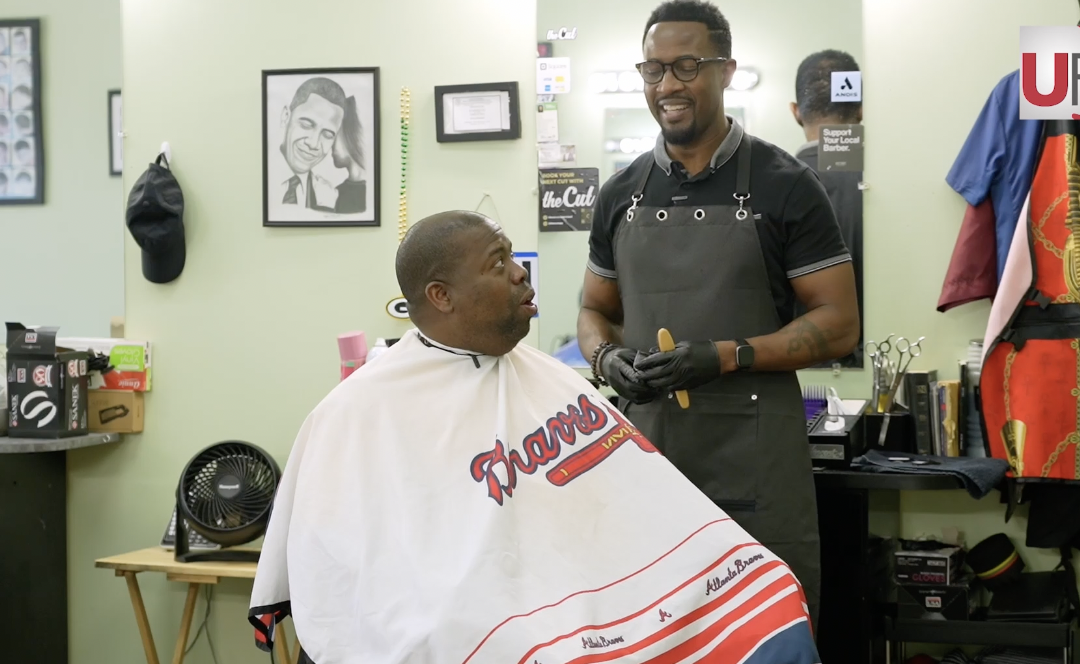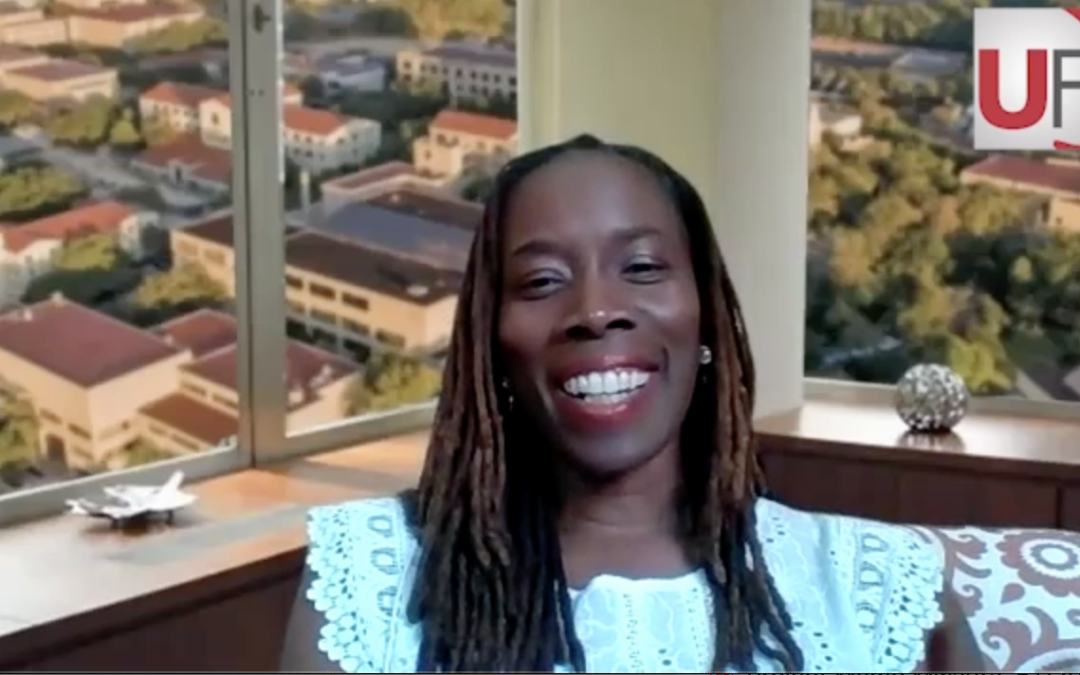by Mwikali Munyao | Apr 9, 2023 | Headline News, Prayers & Devotionals |
Matthew 28:1-10 NLT
1 Early on Sunday morning, as the new day was dawning, Mary Magdalene and the other Mary went out to visit the tomb.
2 Suddenly there was a great earthquake! For an angel of the Lord came down from heaven, rolled aside the stone, and sat on it. 3 His face shone like lightning, and his clothing was as white as snow. 4 The guards shook with fear when they saw him, and they fell into a dead faint.
5 Then the angel spoke to the women. “Don’t be afraid!” he said. “I know you are looking for Jesus, who was crucified. 6 He isn’t here! He is risen from the dead, just as he said would happen. Come, see where his body was lying. 7 And now, go quickly and tell his disciples that he has risen from the dead, and he is going ahead of you to Galilee. You will see him there. Remember what I have told you.”
8 The women ran quickly from the tomb. They were very frightened but also filled with great joy, and they rushed to give the disciples the angel’s message. 9 And as they went, Jesus met them and greeted them. And they ran to him, grasped his feet, and worshiped him. 10 Then Jesus said to them, “Don’t be afraid! Go tell my brothers to leave for Galilee, and they will see me there.”

Death has a sting, a pain that can linger and never leave the soul. The death of Jesus by crucifixion was not a glamorous thing to behold. It was painful, tormenting, heartbreaking and shattering of any form of hope for those who were present. As we read the journey He took, the imagery that plays in our minds reveals how difficult this moment of destiny was for Jesus and His disciples.
When He died, I can imagine a pain of finality that may have been felt by those who loved and cared for Him. Losing someone dear, someone you love and care for is not easy. Losing them to a painful death can be heartbreaking and it can create a traumatic scar that never leaves.
It was important for Jesus to rise up again because the only voice that is capable of shutting down the loud voice of death is life. When He rose on the third day, the powerful testimony of His resurrection was a reminder for believers all over the world to believe, and hope again.
Have you dealt with situations that seem final to you? Are you plagued with thoughts of feeling that life is not worth living? Do you sense or feel that you are at the end of your road? If your answer is yes to any of those questions, you need to fight to live. If you need help, you can get it.
Living and moving conscious of daily decisions that push you to choose better, act wiser, and try for the best takes courage and sometimes can be a battle of the will. However, life has a louder voice than death. The dead cannot breathe air or experience moments.
Do not allow the finality of circumstances, trials, or tribulations make you feel as though life is not fair or worth it. You matter, and your presence in this life, living and learning and growing allows you to make a greater impact than being dead and in the grave. Fight for your dreams, push yourself to achieve the best that you can in this lifetime and believe God to make your life worth living for, because it is.
by Clarence Shuler | Jun 16, 2022 | Black History, Commentary, Headline News, Social Justice |

Imagine being a slave, and on this particular day, Union Army Major General Gordon Granger forced your master to set you free immediately! You and your master may have heard about the Emancipation Proclamation two years earlier, but it didn’t free you.
Gaining physical freedom is one thing. But how did formerly enslaved people gain emotional freedom while avoiding the heavy chains of emotional slavery due to the incredible injustice of their past and present reality? What possible relationship could or would they have with their former master?
What about you? As many are focused on celebrating Juneteenth and freedom, are you still in emotional chains due to injustice? How do you go on functioning while injustice continues? Black people are still being shot. Churches and schools are targets for mass murders.
Maybe you’re not in physical chains, but are you emotionally enslaved?
Want your freedom? When thinking of slavery, Grandma Shuler, my dad’s mom, always comes to mind. She was born in 1879 in South Carolina where an unofficial slavery still existed! This eighty-five-year-old’s smile and lack of bitterness profoundly impacted me when I was ten years old.
I considered becoming a Black Panther because the Ku Klux Klan ran from them. It was difficult for Blacks to be anything other than sharecroppers (a new kind of slavery) immediately after slavery was abolished. Grandma and Grandpa and their adult children lived on the same land where their parents had been enslaved. Their house’s foundation was a slave shack with an outhouse. This was 1964!
My dad has some of Grandma’s genes. He and many Black men like him had a quiet dignity no matter how badly they were treated in the ’50s, ’60s, and ’70s. They didn’t fight back or curse at their oppressors. Injustice couldn’t break their spirits.
But how do you reconcile Ahmaud Arbery, Breonna Taylor, George Floyd, and the recent shootings at the school in Uvalde, TX, and the grocery store in Buffalo, NY?
Initially, I felt that part of me died when I heard about the struggle and murders of Ahmaud Arbery and George Floyd. Certainly, I wasn’t free emotionally. Ironically, God spoke to me through a radio interview with two White humbled co-hosts who had done their homework. They got me talking about these murders. Surprisingly, it was therapeutic. I didn’t realize I needed to talk about it instead of keeping it inside. Many Black men don’t process it externally, which is slowly killing them.
How should we handle injustice when peaceful efforts require more discipline than giving in to our emotions? History shows us there is power in “radical love and forgiveness.” When Dylann Roof murdered nine members of Emmanuel African Methodist Episcopal Church in Charleston, S.C., during a prayer meeting in June 2015, many surviving friends and family shocked the nation when they chose to forgive. Emmanuel AME is one of the oldest Black congregations in the South and has a long history of anti-slavery activism, civil rights protests, and ongoing political engagement. Even the late pastor Clementa Pinckney, one of the victims shot that day, was a state senator who pushed for police to wear body cameras. So why forgive? Chris Singleton, who lost his mother in the attack, told USA Today, “After seeing what happened and the reason why it happened, and after seeing how people could forgive, I truly hope that people will see that it wasn’t just us saying words,” Singleton says. “I know, for a fact, that it was something greater than us, using us to bring our city together.”
When we don’t forgive, we put ourselves in emotional slavery. Our unforgiveness subconsciously permeates every relationship – and I’ve found that relationships are the key to healing racial divides. A freedom that can never be stolen is not about how people treat me. It’s all about how I choose to respond to it. In my latest book, Life-Changing, Cross-Cultural Friendships, which I co-wrote with Gary Chapman, author The 5 Love Languages, we talk in depth about our journey of an authentic friendship through some of the most racially divisive times in history and provide a roadmap for others to do the same.
Dr. Martin Luther King, Jr. once said, “We must develop and maintain the capacity to
forgive. He who is devoid of the power to forgive is devoid of the power to love. There is
some good in the worst of us and some evil in the best of us. When we discover this,
we are less prone to hate our enemies.”
My grandma couldn’t force White people or anyone else to give her justice, equality, or simply human courtesy, yet she continued to smile. Grandma was not weak. When she spoke, people moved. This barely five-foot-tall woman lived with her six-foot two-inch husband, raised seven children, and could still shoot her rifle with accuracy well into her eighties. She couldn’t go to the hospital to give birth. She and Grandpa lived off the land to survive and fed their children without a formal education. Imagine all that she saw, being born in 1879 and living until 1971. Her freedom was not dependent on White people giving her their version of justice. She treated all people with respect. She said, “As I’m treating others with respect, even some mean White people, I’m loving God and respecting myself.”
And, of course, Grandma smiled.
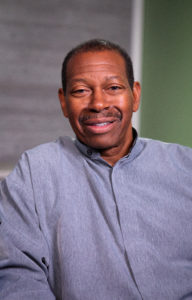
About the. Author
Clarence Shuler is the President/CEO of BLR: Building Lasting Relationships. He’s authored ten books. He and Dr. Gary Chapman speak together at The 5 Love Languages, Date Night, and Life-Changing Cross-Cultural Friendship events. For more information, visit www.clarenceshuler.com.
